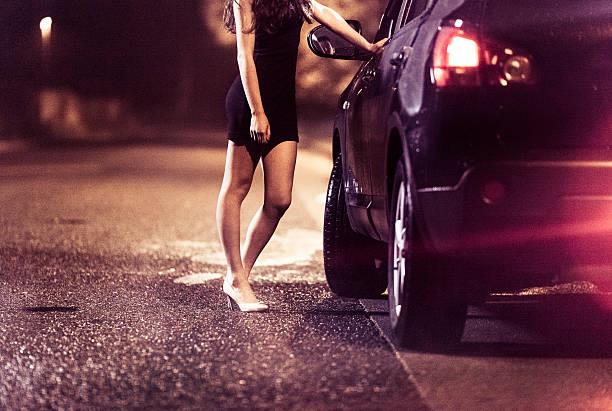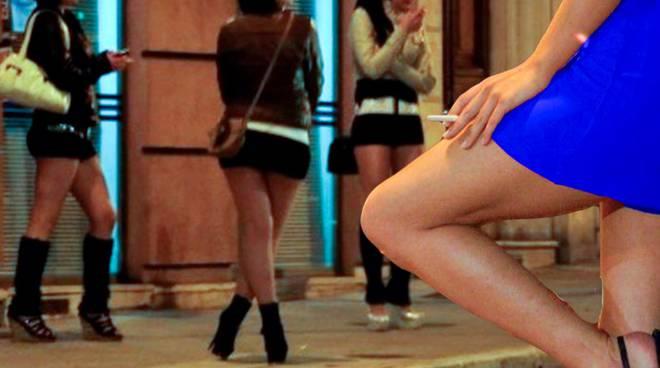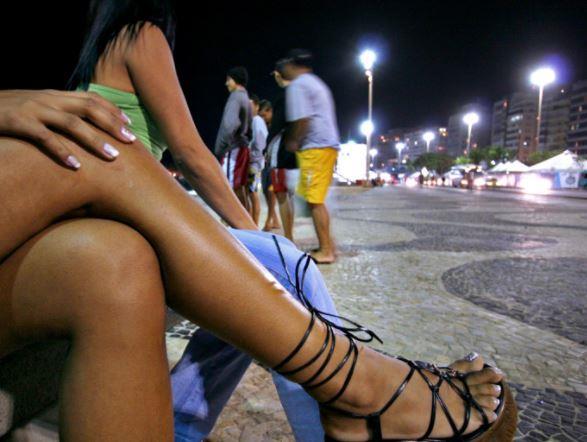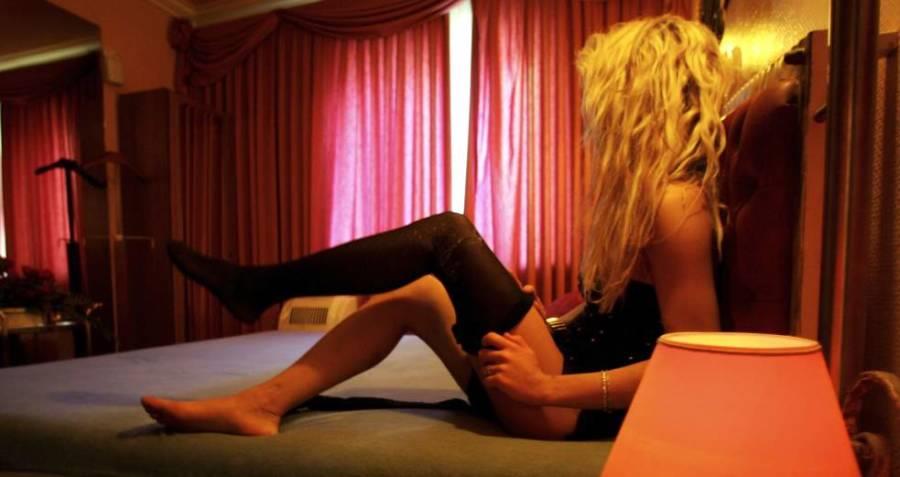“Prostitution exploits women,” Dimitrijevic begins. “I say women because research, including from the United Nations, show that between 70 to 80 percent of the victims are women and children, followed by transgender people, and then men.”
“It is exploitative because you are purchasing the body of a person,” she notes. “You are buying the body of a person for your sexual gratification.” She believes that this is in itself wrong because it creates inequality.
“If you are buying me, I am your property. You expect to do what you want because I am your property. There is no equality in that.” She adds that sex cannot be consensual if it is bought, questioning why anyone would need to pay for sex. “Go to a bar, have chat and consensually agree to have sex. That is what normal people do. What is the driving force behind men seeking to buy sex?” According to one study, Dimitrijevic says, such men often believe they are entitled to it.
Legalising prostitution glamorises and legitimises the exploitation of women – along with human trafficking, Dimitrijevic notes.
She also says it is a myth that prostitution is the oldest profession in the world, pointing out that it has always been exploitative. Interviews with men who use prostitutes indicate a gender imbalance and even a societal issue.

Asked about the argument that some women may want to do this, Dimitrijevic says that while she is all for bodily autonomy and women making decisions about their body, one has to look at what drives them to become prostitutes. “It must be asked why women feel the need to sell their body to sustain themselves,” she says.
One factor, which Dimitrijevic says is evident from the women she has worked with and confirmed by research, is child sexual abuse. She explains that even as children, these women do not understand sexual boundaries, making them more susceptible.
Another reason that may drive women into prostitution is the fact that their family has always done it and it becomes a sort of family business. Poverty is another issue and some might consider it is easy money. Nevertheless, Dimitrijevic warns, prostitution should not be considered a job. “Should we consider it a job? Should we teach children how to become prostitutes? We teach children trades and professions.”
Peer pressure is another factor, Dimitrijevic notes. “Girls as young as 15 may be coerced into become prostitutes by their boyfriends, who eventually becoming their pimp.”

Dimitrijevic mentions one particular success story of a 15-year-old who was drawn into prostitution as a result of peer pressure, but who never gave in to drugs. Her boyfriend became her pimp, she was eventually raped by a client, and was badly beaten if she did not return with a certain amount of money. She would be picked up at 4am and dropped back off on the streets at 10 am. This girl was strong enough to get out of prostitution and is now a mother and has her own life. This is one of the few success stories, Dimitrijevic says.
The trauma experienced as a prostitute is akin to a soldier at war, she comments, adding that it is the worst type of post-traumatic stress disorder. The only way for them to cope is to take drugs or alcohol. Once they become addicts, they need to sustain their habit and it becomes a vicious circle. It is not something they can get out of easily.
Dimitrijevic also recounts the story of a woman forced into the world of prostitution and drugs at a very young age. The drugs became harder and it took her many years to get out of that life. She had children along the way, who were taken into care. She was eventually caught and imprisoned. “Prison is what it is,” Dimitrijevic says. Today, the woman is in her forties and living a good life, but Dimitrijevic notes that it was not easy for her to regain her life, which is why exit programmes are fundamental.
“If a woman chooses freely to get into prostitution, by all means, it is her choice. But we need to make sure she has all the available means to exit that process,” she notes.

Dimitrijevic is all for the Nordic model, which she states supports women in prostitution by not criminalising them. “She should not be the one who is punished.” The model also involves having programmes and support to facilitate the women’s exit from prostitution.
She says she is pleased that exit programmes have been made available in Malta and a campaign has also been launched against human trafficking. “At least we are becoming more conscious, as so far it is something that has been normalised.”
Awareness needs to be raised about the implications of prostitution but the main principle is to curb demand, Dimitrijevic notes.
Although street prostitution has decreased, prostitution is now more often seen in apartments, through escort websites, in massage parlours and gentleman’s clubs. “There is nothing gentlemanly about these clubs,” she adds.

She mentions that there is no regulation of massage parlours, and gentleman’s clubs only need a liquor licence. “These pull factors have created scenarios which are now normalised. It is normal to walk down the road and see a massage parlour. It is normal to go to Paceville and see a whole street of gentlemen’s clubs.” These situations are creating a market were trafficking is being permitted for prostitution.
To curb demand, she believes that gender inequality must be tackled from a young age. Dimitrijevic also notes that not enough is being done in Malta and there is still a lot of misogyny, patriarchy mentality and toxic masculinity.
“Once you start tackling the issues of gender inequality, you not only tackle the issues of prostitution or human trafficking, but you are also dealing with violence, not only domestic.”
In countries where they have regularised prostitution, like Holland and Germany, they have realised it is not working, Dimitrijevic notes. In these two countries, they had the biggest trafficking rings, she adds. Amsterdam is even suggesting that the red-light district should be closed down.
Criminalising the buyer, the person who purchases sexual services, is also part of the Nordic model, which Dimitrijevic says would be attacking the source of the demand, but this needs to be done in conjunction to dealing with gender inequality.
At the moment, prostitution is not illegal in Malta but associated activities like loitering and soliciting are. There is no law against the buyer, Dimitrijevic notes, although living from the earnings of prostitution is illegal.